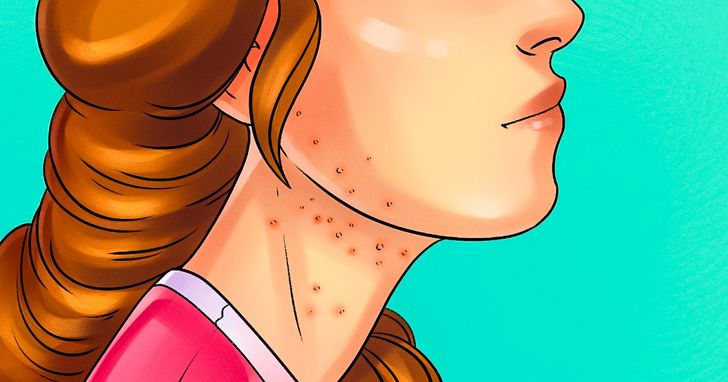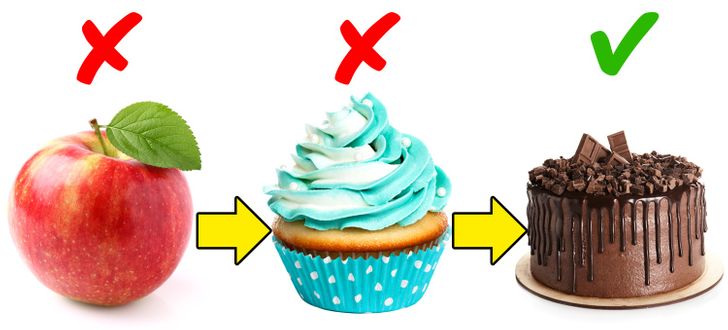Sugar tastes good, and anything in it tastes even better! The sweet crystalline carbohydrate seems to be everywhere. Most of us love to think about the unforgettable taste of our favorite desserts when we are hungry.
However, what may seem like an innocent treatment is actually the reason for many complicated health problems when consumed in large quantities. Today, it’s hard to avoid sugar, but many of us don’t even realize how addicted we really are.
HereWere gathered several warning signs your body gives you that it’s time to stay away from the sweet stuff.
1. Muscle and joint pain

Do you feel like you’re skipping regular walks, gardening, or golf because you’re in pain? It could be one of the many signals your body uses to alert you to the inflammatory processes going on inside you.
Large amounts of sugar in your diet cause immune cells to secrete inflammatory messengers into the blood that attempt to break down advanced glycation end products, or the protein attached to a glucose molecule.
2. Craving sweets and other sugary foods

Sugar is processed very quickly, leaving you hungry even if you ate a muffin just an hour ago. In fact, sugar is known to release dopamine, similar to what you would feel when using addictive drugs.
Neurons in this system release the neurotransmitter dopamine in response to a rewarding event. This particular chemical is most famous for keeping us in a good mood.
The brain sees sugar as a reward or treat and the more sugar you eat, the more your body craves it. It’s a vicious and addictive cycle. Also, high-sugar foods won’t make you feel full because they don’t contain useful nutrients.
3. Constant skin breakouts

Foods that contain added sugar raise insulin levels and start the process of glycation, or the binding of sugar to protein molecules. Once glucose enters the blood, it starts a series of complicated physiological processes that can cause inflammation and skin problems. This increase in insulin can eventually increase the activity of the skin’s sebaceous glands and activate inflammatory processes.
This means that a high-sugar diet is associated with an increased risk of acne. If your unruly skin bothers you and none of the medical treatments seem to help, try changing your eating habits. We don’t insist on completely eliminating sugar from your life, but you may want to eat fewer foods that contain added sugar.
4. A high sugar tolerance

When you eat a lot of sweets every day, your taste buds get used to the same level of sweetness and may not respond like they used to. Too much sugar dulls your palate, and sweet fruits and berries don’t taste as sweet as they should.
Believe me, there is nothing better than eating a juicy apple and enjoying its flavor. If nothing sounds sweet to you, cut back on extra sugary additives like refined sugar and sweet syrups and switch to a well-balanced diet.
5. Frequent colds and flu

Eating or drinking too much sugar prevents your immune cells from attacking bacteria when you get sick. The vitamin C your body needs to fight the flu is very similar in its chemical structure to glucose. Instead of finding and working with vitamin C, your immune system absorbs glucose, which is powerless against flu bacteria. So instead of fighting a disease, your immune system suffers from it.
To avoid this scenario, cut back on sweets when you’re at risk of catching a cold or flu, and eat more fruits and vegetables rich in nutrients and vitamins C and E, as well as beta-carotene and zinc.
How much sugar is too much?
According to the World Health Organization, the recommended dose of sugar should be less than 10% of daily energy intake. That 10% daily equals 6 teaspoons of added sugar for women and 9 teaspoons for men.
Sugar is undeniably tasty and we all love it, but eating too much of it can have many harmful consequences. Watch out for the signs discussed above and try to reduce your daily sugar intake. Find sugar in natural products such as fruits, vegetables, nuts, or cereals.





